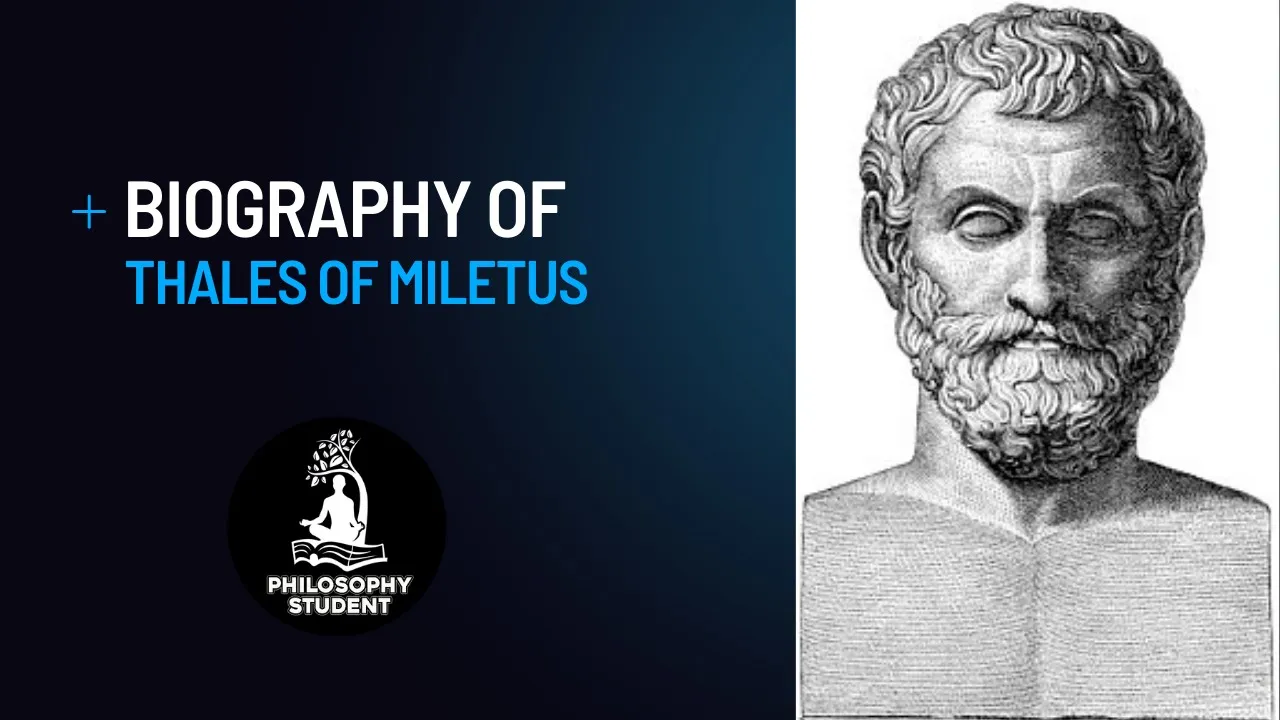Throughout centuries of Western letters, science, and philosophy, the name of Thales appears with astounding persistence. He is seen as having innovated thought itself, essentially beginning the replacement of mythology with philosophy and science.
Clearly a man of infinite curiosity in many fields, Thales is credited with the discovery of Ursa Minor, he made early observations in electricity, was an important pre-Euclidian mathematician (formulating applications later developed by Euclid), invented a primitive telescope, investigated the nature of the seasons, and observationally calculated the solstice. In short, he was a principal progenitor of “natural philosophy,” the precursor of modern science, and was cited by Plato as one of the Pre-Socratic philosophers who constituted the “Seven Sages” of Ancient Greece.
His most immediate effect was on his fellow Pre-Socratics, who, following him, turned away from mythology and toward the careful observation of nature. Thales explained nature as embodying a unity that flowed from the existence of a single elementary material substance, which, Thales argued, was water.
The philosopher was born into a prosperous family in Miletus probably in 624 BC. At the time, Miletus was among the wealthiest and most influential of the Greek city-states. At this early epoch, however, Greek civilization trailed the cultures of Babylon and Egypt, and it is believed that Thales traveled to both regions for study, bringing back with him advanced knowledge in mathematics, astronomy, and commerce. Indeed, Thales’ first vocation was that of merchant, most likely working within his family’s business.
Some believe that Thales abandoned a lucrative commercial career after he studied in Egypt and decided to set up as a natural philosopher. He accurately predicted the solar eclipse of May 28, 585 BC and (according to Aristotle) was the first philosopher known to have inquired into the basic element of the universe—its “First Cause.” His answer, water, came in part because of its ability to change form and to move yet remain, in its essence, unchanged.
There is no surviving text by Thales, and the sum of his thought is contained in what others wrote about him. Thus, it is difficult to definitively separate his empiricism from the quotation Aristotle cites: “All things are full of gods.” From this, Aristotle concluded that Thales supposed the soul was the cause of movement. Thales, according to Aristotle, pointed to the magnetic lodestone and declared that it was endowed with a soul because it causes iron to move. Whether justifiably or not, Plato appropriated “All things are full of gods” as proof that Thales was an idealist akin to himself.
Thales founded a philosophical school, known as the Milesian School, and likely similar in purpose if not spirit to Plato’s much later Academy. Still, he apparently found himself repeatedly called upon to defend philosophy, which paid poorly if at all, as a profession. Aristotle related that, in response to a criticism of his poverty, Thales applied his astronomical observations to a prediction of a bumper olive crop. He borrowed enough money to commandeer all the olive presses in Miletus and Chios and, when a large crop did in fact come in, he hired out the presses he controlled at substantial profit. This, he said, was a demonstration that philosophers could be rich … if they wanted to be.




































